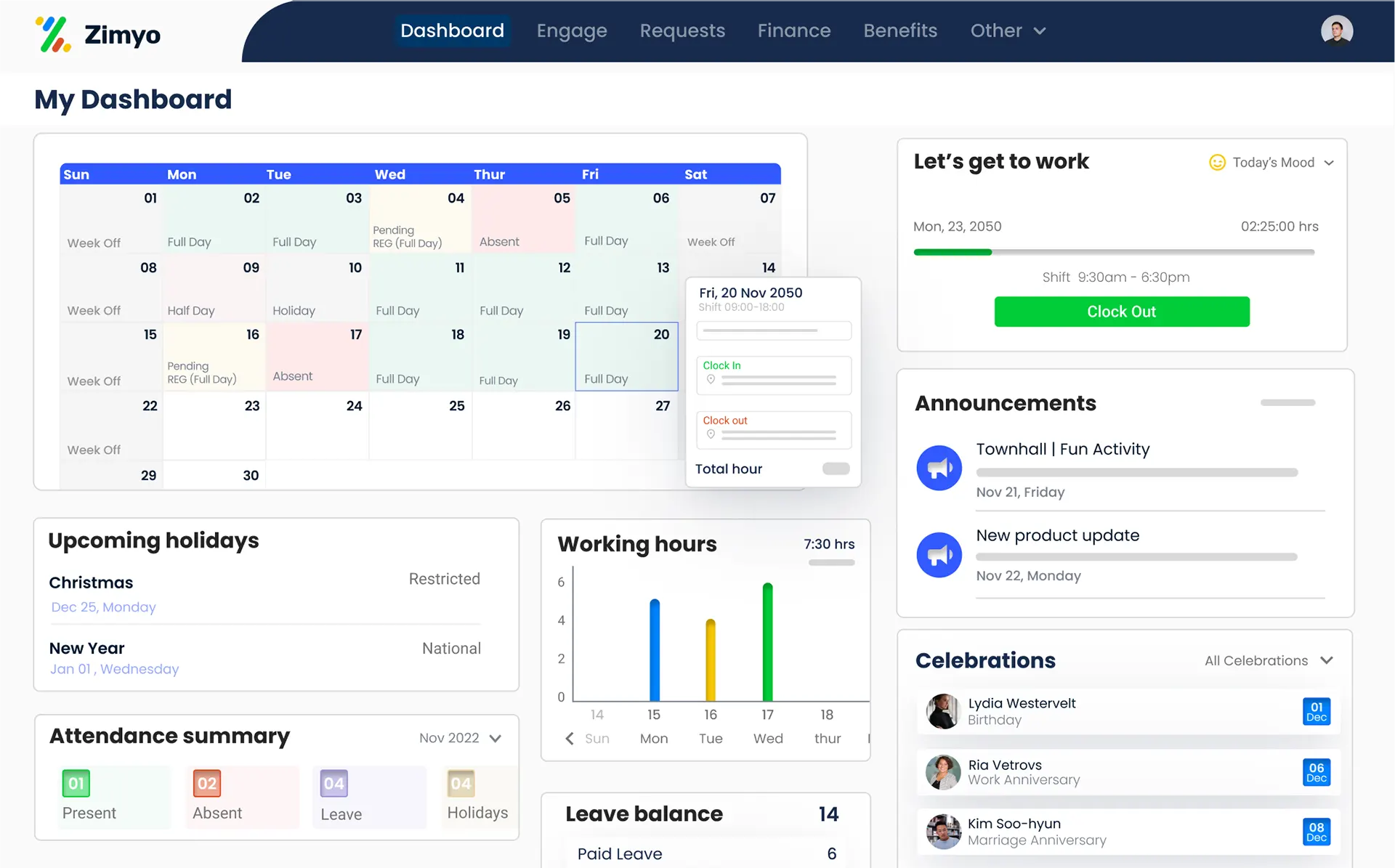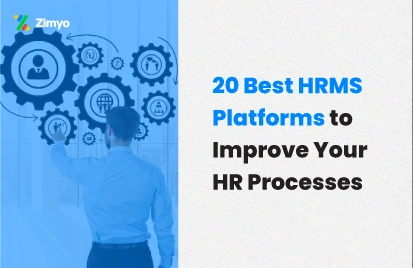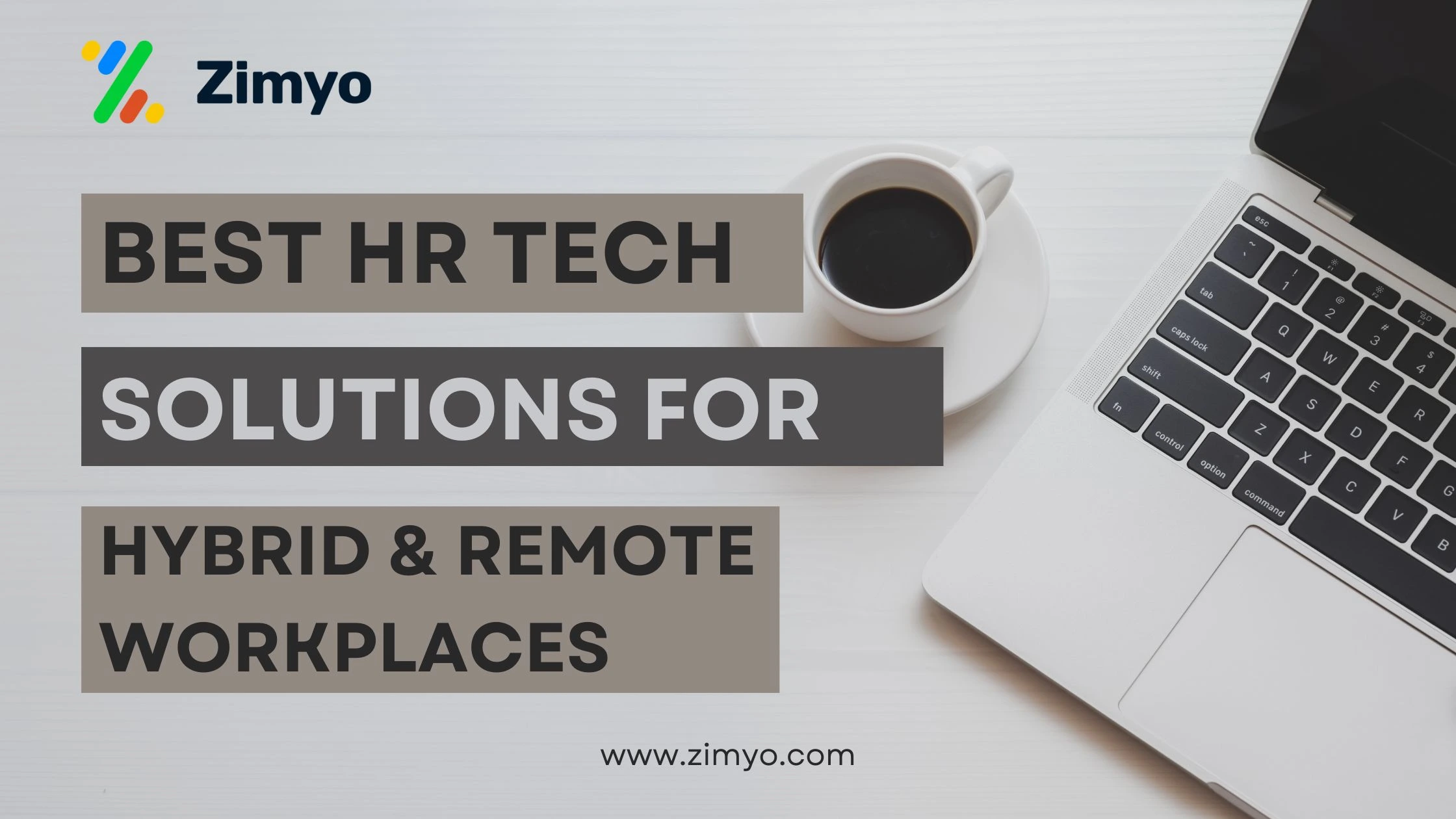What is an Employee Management System?
An Employee Management System (EMS) is software that helps automate and simplify HR tasks like hiring, payroll, and tracking performance. It replaces manual work with automated processes, making workforce management faster and more efficient.
Top 10 Employee Management Systems 2025
Best Employee Management Systems are:
- Zimyo
- Connect team
- Monday
- Zoho People
- Bamboo HR
- Darwin Box
- Lattice
- Clickup
- Rippling
- Gusto
1. Zimyo
Zimyo is a leading Employee Management System that streamlines the entire employee lifecycle from hire to retire. With more than 40 modules, Zimyo offers comprehensive solutions for businesses of all sizes. What sets Zimyo apart is its customizable modules, allowing organizations to customize the system according to their unique needs.
Key Features of the No. 1 Employee Management System:
- Core HR
- Organizational charts
- Assets Management
- OKRs, KRAs, & KPIs
- Dashboards & Reports
- Employee Engagement
- Customized workflow
- Leave and attendance management
- Performance Management
- Tax Management
- Payroll Management
- Statutory compliance (GCC)
- Travel and Expense Management
- Recruitment Management
- Helpdesk
Why Choose Zimyo?
Zimyo has been recognized with numerous awards such as Easiest to Use, High Performer, Best ROI, and Momentum Leader by G2. Top organizations like Bajaj Capital, TVF, Burger Singh, and Apollo Tyres trust Zimyo for their workforce management needs.
2. Connect team
Connect Team offers a comprehensive solution that seamlessly integrates remote workforce management into its core functionalities. It’s designed to meet the demands of organizations with employees scattered across different locations, making it perfect for remote teams.
The platform is modular, allowing users to pay only for the features they need, making it a cost-effective solution for organizations looking to communicate, operate, and manage their remote teams efficiently.
Key Features
- Document Management
- Employee Directory
- Survey & Polls
- Task Management
- Digital Forms & Checklists
- HR workflow management
3. Monday
Monday.com is another Employee Management System that helps organizations scale with an intuitive platform for project management, time tracking, and report generation. It’s ideal for keeping your team aligned on single goals. Monday.com provides detailed insights into employees’ day-to-day tasks, enabling managers to adjust workloads accordingly and keep projects on track.
Key Features
- Work requests
- Employee onboarding
- Time management
- Built-in forms
- Progress tracking
- Real-time insights
- Project visualization
- Deadline warnings
4. Zoho People
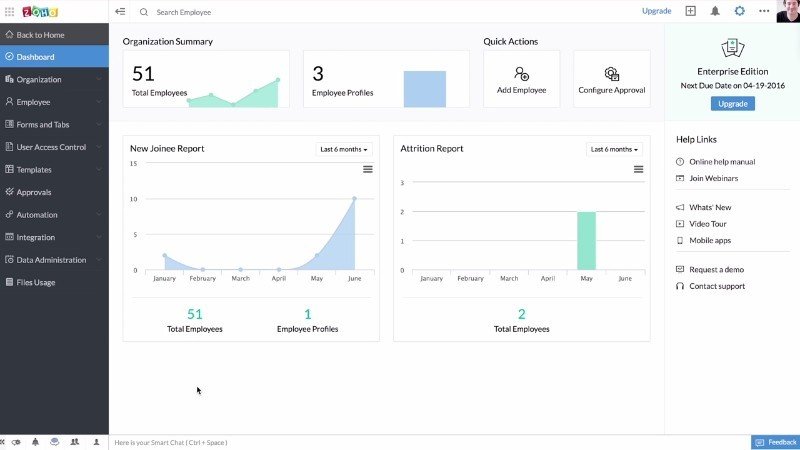
Zoho People is a flagship product of the Zoho suite and provides a comprehensive solution for employee management. It’s designed to simplify complex HR processes and is accessible from mobile phones, making it a flexible choice for businesses. Zoho People’s user-friendly interface and high-tech features make it an ideal choice for businesses seeking efficiency in their workforce management.
Key Features
- Employee Dashboard
- Task management
- Employee database
- Mobile app chat
- HR Workflows
- Time and attendance tracking
- Customizable reports
- Goal setting
I was able to implement the platform on my own. It helps in assigning the tasks to other employees, conducting surveys and polls, and much more. The ease of use and self-onboarding is something that I would like to appreciate.
Sonali, Kommunicate
Zimyo simplifies attendance management for our organization. The leave and attendance are so streamlined that we have never faced any difficulties with the system.
Anurag, Eggoz Nutrition
5. Bamboo HR
Bamboo HR excels in providing a user-friendly and streamlined HR solution. It’s recognized for its simplicity and effectiveness, making it perfect for small and medium businesses. Bamboo HR allows organizations to manage all aspects of the employee lifecycle effortlessly, from tracking hours worked to generating detailed reports.
Key Features
- Centralized employee data
- Document management
- Onboarding & offboarding management
- eNPS surveys
- Workflows & approvals
- Employee time tracking
- Goal tracking
- Reports & analytics
6. Darwin Box
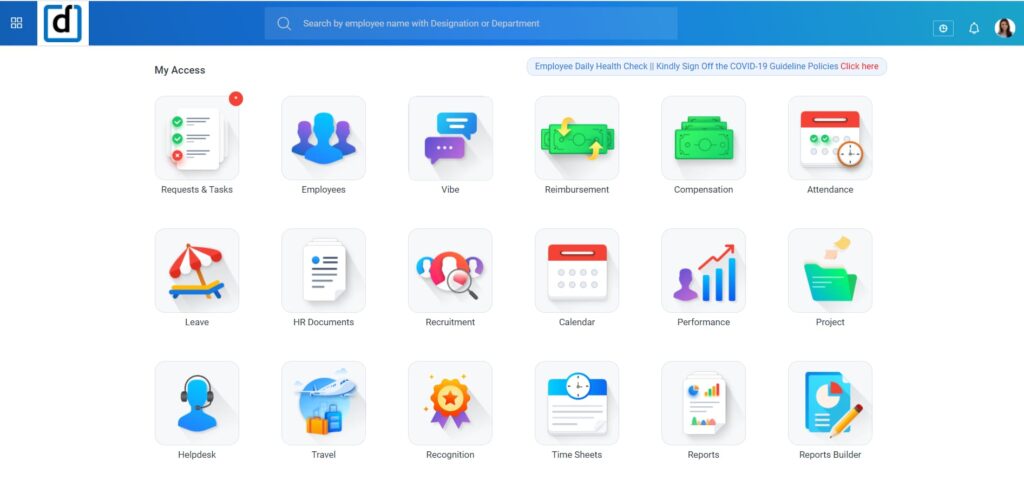
Darwinbox is a dynamic player in the Employee Management System arena, offering a unified HR platform that goes beyond traditional boundaries. It’s designed to elevate the employee experience with advanced tools like AI and machine learning. Darwinbox’s AI and ML features, like HR voice bot and talent analytics, make it an efficient and modern choice for workforce management.
Key Features
- Workforce Planning
- Employee Master Data
- Leave and Attendance Tracking
- Organizational Charts
- Role-based Access
- Workflow Automation
- Voice bot and Chat bot
- Digital Signature
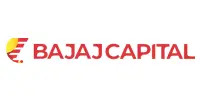
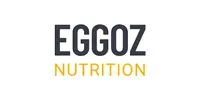
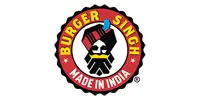
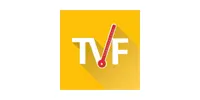
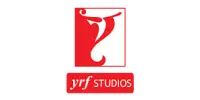
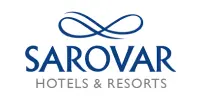
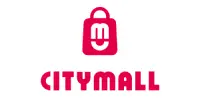
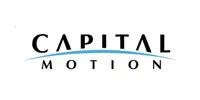
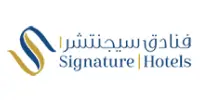
7. Lattice
Lattice is renowned for its focus on continuous feedback, development, and growth of the workforce. It’s ideal for organizations seeking to promote a culture of continuous improvement. Lattice helps organizations build high-performing teams by providing the right tools to set, track, and achieve goals.
Key Features
- Reporting & Dashboards
- Employee Feedback
- Surveys & Polls
- Peer Recognition
- Employee Onboarding and Offboarding
- Real-time Progress Tracking
- Document Management
- Workflow Automation
8. Clickup
ClickUp is an all-encompassing platform for project management, collaboration, and task tracking. It’s a versatile solution for organizations seeking a unified approach to project and people management. ClickUp is perfect for small businesses looking to enhance team collaboration and align the whole project management.
Key Features
- Project Management
- Activity Tracking
- Real Time Notification
- Document Management
- Leave and Attendance Tracking
- Goal Management
- Tasks Creation & Assignment
- Workflow Management
I was able to implement the platform on my own. It helps in assigning the tasks to other employees, conducting surveys and polls, and much more. The ease of use and self-onboarding is something that I would like to appreciate.
Sonali, Kommunicate
Zimyo simplifies attendance management for our organization. The leave and attendance are so streamlined that we have never faced any difficulties with the system.
Anurag, Eggoz Nutrition
9. Rippling
Rippling stands out as an efficient platform that unifies the entire employee lifecycle, from onboarding to payroll and beyond. It simplifies complex HR tasks with a user-friendly interface. Rippling’s unified approach ensures easier management of all aspects of workforce administration.
Key Features
- Onboarding & Offboarding
- Payroll Automation
- Benefits Management
- Employee Pulse Survey
- Headcount Planning
- Compensation Bands
- Learning Management
- Time & Attendance Tracking
10. Gusto
Gusto is an Employee Management System that simplifies processes, making them accessible to businesses of all sizes. Its focus on ease of use and automation makes it a top choice for HR tasks. Gusto’s payroll software is one of the best in the industry, making payroll and benefits administration seamless.
Key Features
- Task Management
- Time Tracking
- Payroll and Benefits Administration
- Employee Database Management
- Talent Management
- Onboarding Checklists
- Document Storage
- Employee Engagement Tools









Why Should You Invest in an Employee Management System?
- Streamlined HR Operations
- Higher Productivity
- Accurate Payroll Processing
- Improved Employee Engagement
- Strategic Decision-Making
- Time & Cost Savings
Key Steps to Choosing the Right EMS:
- Define Your Goals: What do you want to achieve with an EMS? Are you looking to streamline payroll, enhance employee engagement, or improve compliance?
- Consider Your Employee Size: The size of your workforce will influence the type of EMS you need.
- Evaluate the Complexity of Your HR Tasks: If your HR tasks are complex, look for an EMS with advanced features like AI and machine learning.
- Read Reviews: Customer reviews can provide valuable insights into the performance and reliability of an EMS.
- Take Demos: A demo allows you to see the functionality of the EMS in action and determine if it’s the right fit for your organization.
The Crux
A proficient Employee Management System is more than just a tool for your HR department – it’s a strategic asset that enhances your employee experience and drives organizational success. Before investing in any tool, it’s crucial to evaluate the features of each vendor and choose the one that aligns with your business goals.
Frequently Asked Questions (FAQs)
The Employee Management Software eliminates tedious manual tasks with workflow automation. This allows HR professionals to focus on strategic initiatives rather than getting bogged down by administrative burdens.
Absolutely. Employee Management Systems are designed with flexibility in mind. They offer customization options to adapt to the unique workflows and requirements of different organizations. Whether you’re a small startup or a large enterprise, an EMS can be tailored to suit your specific needs.
The Employee Management Systems provide data-driven insights that empower organizations to make informed decisions. From analyzing performance metrics to identifying trends, an EMS acts as a valuable tool for strategic planning, ensuring that decisions align with the overall goals of the organization.
Choosing the right EMS involves evaluating the unique needs and aspirations of your organization. We have curated a list of the best employee management systems after careful research into their pros and cons. Explore the full list below to make an informed decision that aligns with your organizational goals and requirements.

